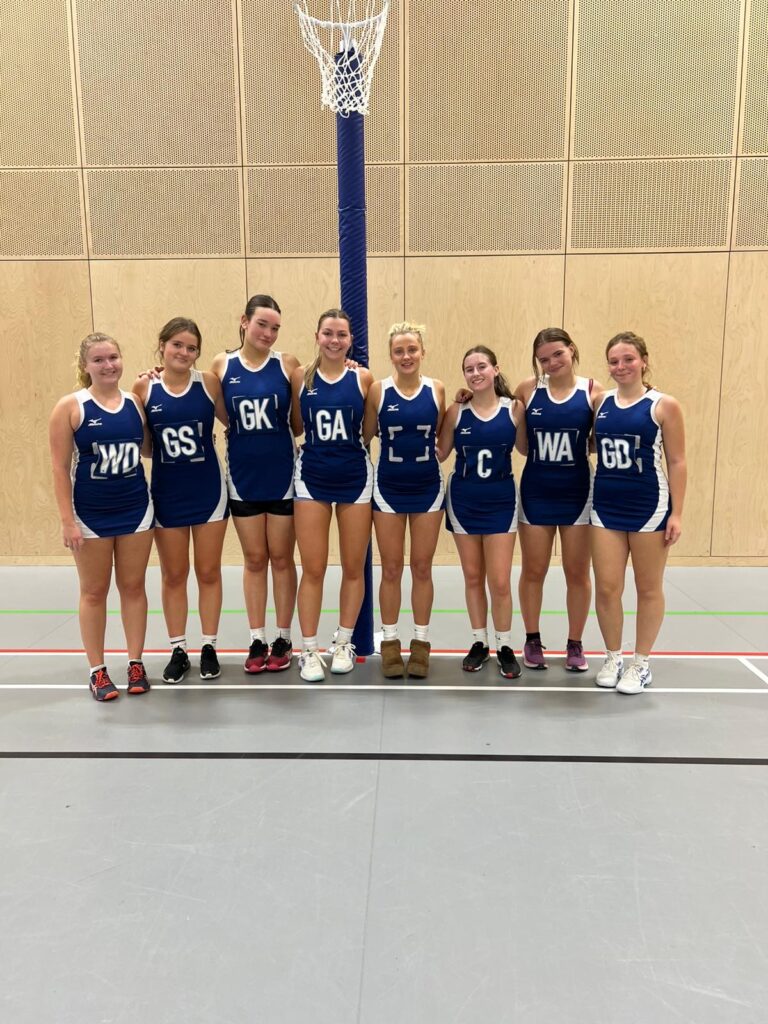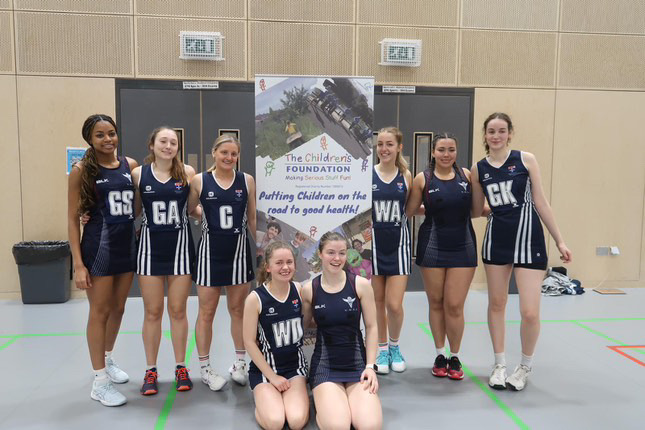Intramural netball at Newcastle University occupies a distinctive role in campus sport: it invites any student, regardless of prior experience, to form or join a team, fostering inclusivity in a way that performance-focused programmes cannot. Unlike BUCS (British Universities and College Sports) squads, whose athletes are selected, coached, and funded to compete against other institutions, intramural teams receive no direct funding from the university. Instead, students shoulder every cost themselves, from securing external sponsorship and covering referee fees to purchasing their own kit. This model delivers considerable benefits, enhancing wellbeing, building cross-disciplinary connections, and cultivating leadership skills, yet it also faces systemic vulnerabilities that threaten its long-term sustainability.
Accessibility and Wellbeing
One of intramural netball’s greatest strengths is its low barrier to entry. Any student, from first-year undergraduates to postgraduates, can recruit friends, classmates or flatmates and sign up for weekly fixtures. In the context of academic pressures, this accessibility is crucial: regular exercise and team camaraderie provide an essential outlet for stress relief. Participants report that the structured routine of a midweek match breaks up the slog of lectures and seminars, while the social aspect combats feelings of isolation. This open-entry ethos ensures that even those who would never trial for a BUCS team still enjoy the physical and mental health benefits of sport.

Leadership and Practical Skills
Beyond the action on court, intramural netball offers fertile ground for leadership development. Team captains and committee members assume real-world responsibilities: they negotiate sponsorship deals (for example, Maths Netball is backed by Stage One Events), organise training sessions, liaise with Sports Centre staff, and even manage referee payments with each team contributing £10 per game to ensure officials are compensated.
Funding Disparities
Intramural netball’s entirely self-funded model stands in stark contrast to the substantial revenue streams enjoyed by BUCS. In 2018, BUCS distributed over £159,000 from Sport England grants and a further £402,000 from The FA, while income from commercial partnerships totalled approximately £205,000. These funds underwrite coaching salaries, performance analysis, travel budgets, and guaranteed court allocations for BUCS teams. In contrast with no direct university subsidy, intramural netball teams rely on player contributions and external sponsorships to cover court hire, referee fees, and kit replacement. This disparity not only shapes the quality of officiating and equipment available but also determines whether matches can proceed as scheduled.
Scheduling and Booking Conflicts
Without guaranteed facility access, intramural fixtures are vulnerable to displacement by BUCS training sessions or match days.
Lucy Donoghue (Captain of Armstrong Netball) described to me how earlier this term, one netball fixture was cancelled when the Sports Centre double-booked courts for a BUCS basketball match, and no advance notice was given to captains. The result: players arrived to the courts already in use, volunteer referees stood idle, and captains scrambled for alternative space.
Such incidents disrupt the consistency participants rely on for both sport and social connection. Regular midweek fixtures function as a vital stress-busting ritual; when a booking conflict forces cancellation, that outlet is suddenly lost.
Governance and Representation
The current AU Officer, Alex Duggan, brings a strong BUCS Women’s Rugby background to the role and has understandably focused her efforts on varsity fixtures and performance squads. As a result, intramural sport rarely features in her agenda, and open-entry leagues are left without a dedicated advocate at the Athletic Union level. This lack of representation means the specific needs of intramural netball, such as scheduling guarantees, sponsorship support, and equipment funding are rarely addressed, leaving student organisers to navigate these challenges on their own.
Cultural and Emotional Impact
Despite these challenges, intramural netball thrives on the enthusiasm and commitment of its participants. The recent charity tournament held by Munters Netball uniting sixteen teams and raising over £550 demonstrated the intrinsic motivation driving students to organise, play, and support one another. Many players describe their weekly matches as a highlight of the term, citing improved wellbeing, new friendships, and the satisfaction of self-organising a sporting league. This grassroots energy sustains intramural netball’s place in campus culture, even as its operational framework remains precarious.

Conclusion
Intramural netball at Newcastle University enriches student life by promoting wellbeing, cross-campus friendships, and hands-on leadership experience. Yet its reliance on external sponsorship, self-funded referee fees, and self-purchased kit places an undue burden on student volunteers. Scheduling conflicts and underrepresentation in governance, compounded by a varsity-focused AU Officer further complicate these challenges. The passion and community spirit evident in events like the March 23rd charity tournament underscore intramural netball’s value; ensuring its future will require institutional recognition of its unique contributions and more equitable resource allocation to sustain this vital pillar of campus life.
